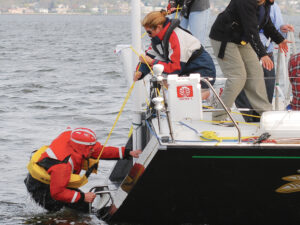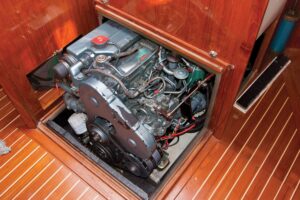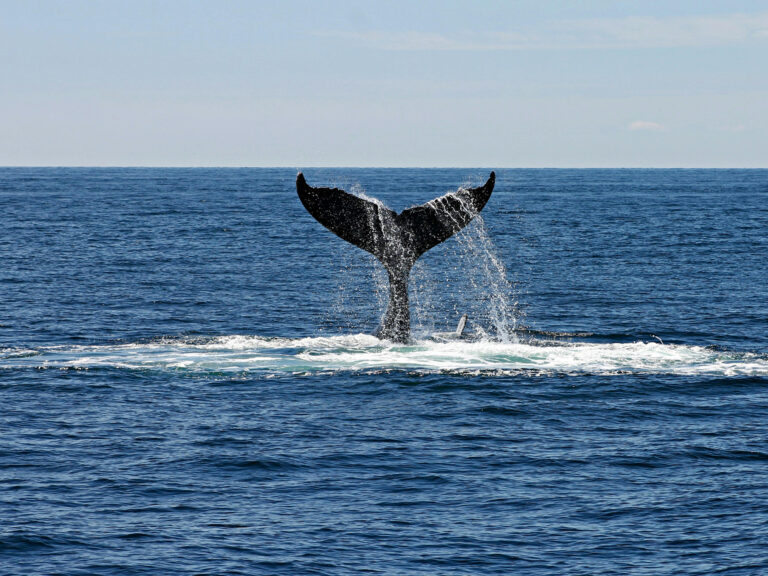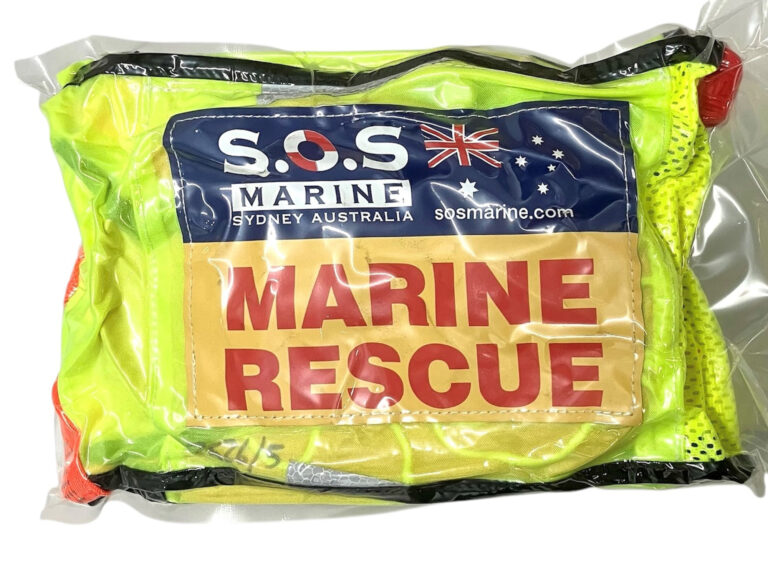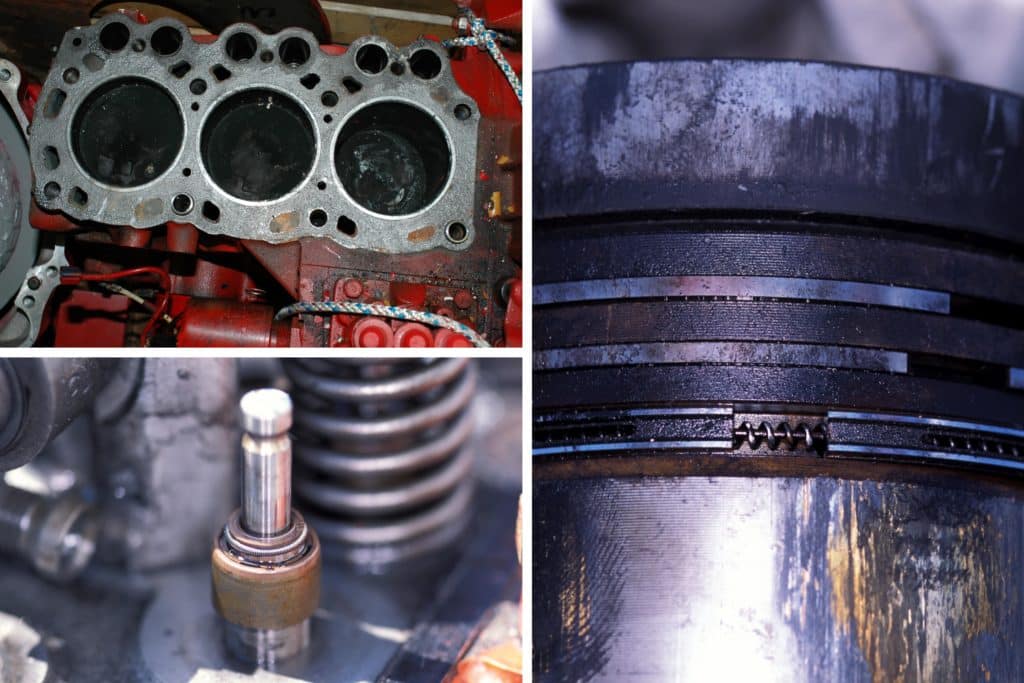
Thanks to their reliability and long life, there is a certain aura surrounding diesel engines. With few exceptions, their reputation is well earned. Diesels tend to run and run, mainly because of their straightforward design and comparative simplicity. (That’s changing, for better or worse, with more stringent emissions requirements.) When they do fail, it’s usually not the engine itself that quits, but its bolt-on accessories (heat exchangers, raw-water pumps and exhaust manifolds).
While accessory-component failures are most common, there are other scenarios that can strike at the heart, literally, of your engine. Some of them are especially insidious. When a diesel engine is frequently used for battery charging alone, as is the case with so many sailboat auxiliaries, cylinder temperatures often remain low — too low to support efficient combustion. When that happens, fuel is burned incompletely, thereby creating excess exhaust byproducts like soot, carbon and water.
These contaminants accumulate in combustion chambers, on exhaust valves and seats, and on piston crowns. Most importantly, they clog piston rings. Piston compression rings are made from an especially hard, often chrome-plated spring-steel alloy, and the role they play is critical, acting as a super-tough gasket between fast-moving pistons and stationary cylinder walls. Their C shape and springiness allow them to expand and contract with temperature changes, while still maintaining good contact with the piston groove or land in which they reside and the cylinder wall. This mechanicalmarvel can go awry, however, if the land and ring gap become clogged with soot. When this occurs, the seal is compromised, and pre-combustion compressed air and exhaust gases, which include soot and water, leak into the crankcase. None of this is good for the engine’s power, fuel efficiency or longevity.
Pistons are equipped with yet another set of rings, which are used to control oil distribution to cylinder walls. The latter rely on fine “cross-hatch” grooves to retain lubricating oil on the walls’ otherwise smooth surface. If the oil remained there during the combustion process, it would burn or clog the compression rings with coke; the rings are very hot, which causes the oil to burn, leaving behind carbon or coke. This is where oil-control rings come into play. Oil is often deposited or sprayed onto cylinder walls beneath the piston as it moves up the cylinder, and then removed or scraped away, squeegee-like, by the oil-control rings as the piston descends. If, however, these rings also become clogged with soot, they begin to allow oil to slip by and, in a snowball effect, further clog the compression rings, which in turn allows greater loss of compression.
If you suspect your engine is suffering from carbon buildup — if it’s hard to start, consumes lots of oil, or exhibits poor fuel economy and power — there are a few tests you can perform to determine if that’s the problem. The first and easiest is to run the engine until it’s warm. Carefully open the oil fill cap. If you are confronted by a continuous blast of air, one that drives a paper towel upward when held over it with one hand, things aren’t looking good; the cause is escaping blow-by gases. For a more scientific analysis, a compression or leak-down test should be performed. Each of these utilizes different tools and offers different types of data.
Steve D’Antonio offers services for boat owners and buyers through Steve D’Antonio Marine Consulting (stevedmarineconsulting.com).



